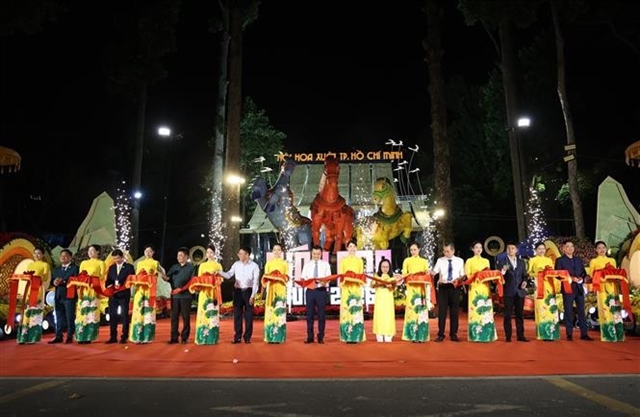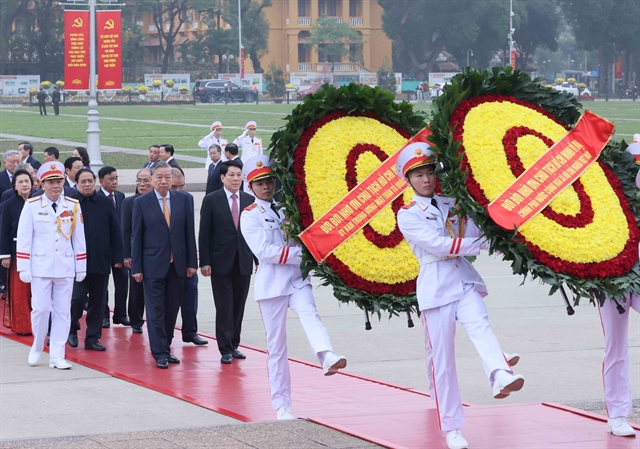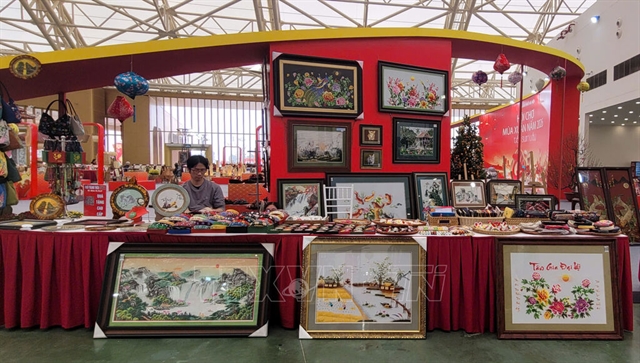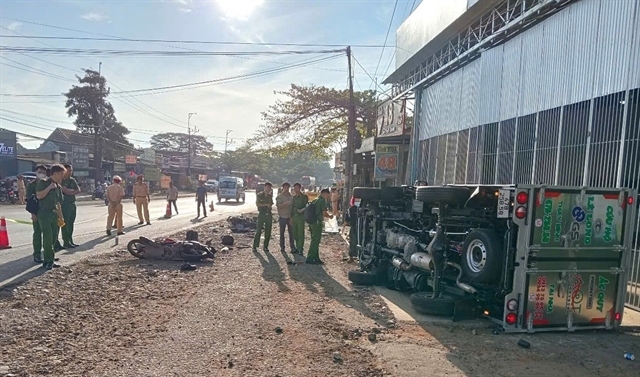.jfif) Opinion
Opinion
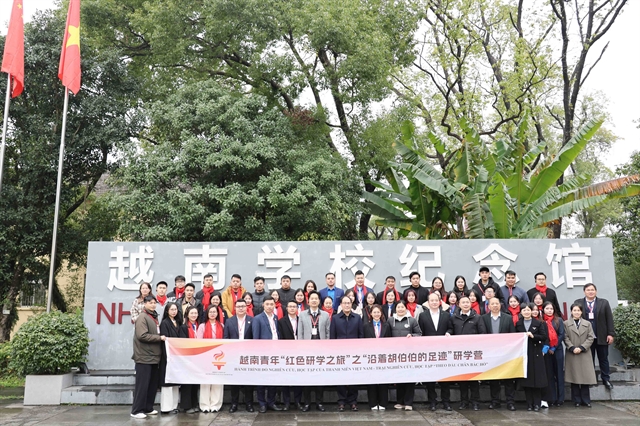
Lê Thanh Vân, a standing member of the Finance and Budget Committee of the National Assembly Committee talks to the newspaper Tiền Phong (Vanguard) on the abuse of power by some senior Government officials
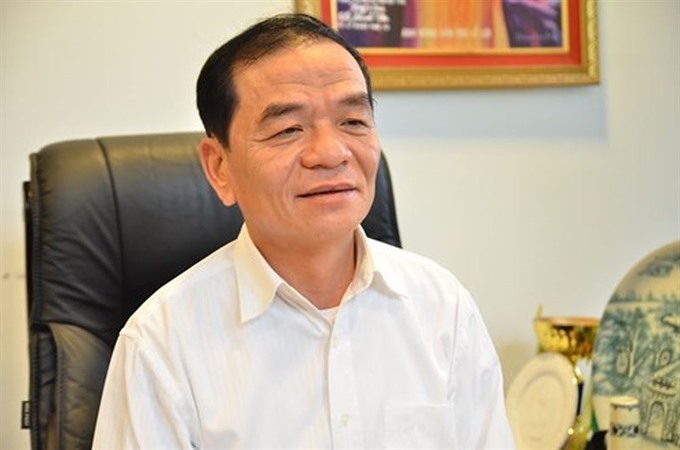 |
| Lê Thanh Vân |
Lê Thanh Vân, a member of the Finance and Budget Committee of the National Assembly Committee talks to Tiền Phong (Vanguard) newspaper on the abuse of power by senior Government officials.
Reportedly, from 2012-2016, senior officials and staff from four ministries and sectors spent more than VNĐ 1 trillion (US$43.3 million) from the State budget during their overseas business trips. Are you surprised to hear such a big number?
Sending Government officials on overseas business trips is a normal practice in all countries. As we all know, the openness of our national economy is very big, so the demand for international co-operation is a natural thing. And from this demand we have to send people abroad to learn experiences, sign international agreements and more.
Let’s take an example from Japan, under the reign of Emperor Meji, many government officials were sent abroad to learn experience and then apply it in Japan, particularly on how to run the country and advanced science and technology.
For the case of our country, recently “a needle in the haystack” was discovered, a huge sum of public money spent to send a big number of Government officials abroad. But what has been learned from such overseas visits or study tours remains a big question and must be clarified.
What lessons should be drawn from sending Government officials abroad?
There are three lessons for us.
First, what’s the objective of the trip? We expect that through the visit, we’ll learn good things and experiences from our foreign colleagues to apply in our country. But, I’m sorry to say that most of the trips didn’t have specific objectives and some of the lessons learned through such study tours couldn’t be applied in our country. In other words, each foreign visit should have a specific objective suitable to our needs.
Second, some people who were on their foreign missions took the chance to go sightseeing or to visit their relatives abroad.
And third, quite a few trips were organised under the umbrella of ‘co-finance’ between the State budget, participants’ contribution and financial support from enterprises. The key purposes of such visits were to go sightseeing and to take pictures. The lessons learned from such visits were very limited or even meaningless.
Though the Party Secretariat has issued quite a few official letters on the selection of the right people on foreign study tours to learn lessons to apply in our country later, the results were limited. And this fact has been reflected in a report by the Government’s inspectors.
It is reported that Vũ Huy Hoàng, former Minister of Industry and Trade, spent 163 days on foreign missions in 2015. Do you see any abnormalities in this?
There are two sides of this coin.
At that time, Việt Nam was in the process of negotiating many trade agreements. So the role of the Trade Minister was very important. But many people have asked the question whether there was bilateral negotiation every day or every week. However, in my opinion, we should not spend time to dig into the issue like that. But, obviously in a year, the Trade Minister spent 163 days abroad. That’s too many!
As head the Ministry of Industry and Trade, surely that was too many days abroad?
As the commander in chief of a very big and important ministry like that and spending almost half of year abroad, I don’t know how he did his job as a minister.
The second point I want to raise here is that during the time he was in office, his ministry was ridden with many serious problems, including big asset loss. Quite a few people have raised a question “Was it because the big boss (the Minister) was away?”
However, in my opinion, a top leader with good management skills and a strategic vision, though he is often away, is still able to run the office from far away. — VNS

